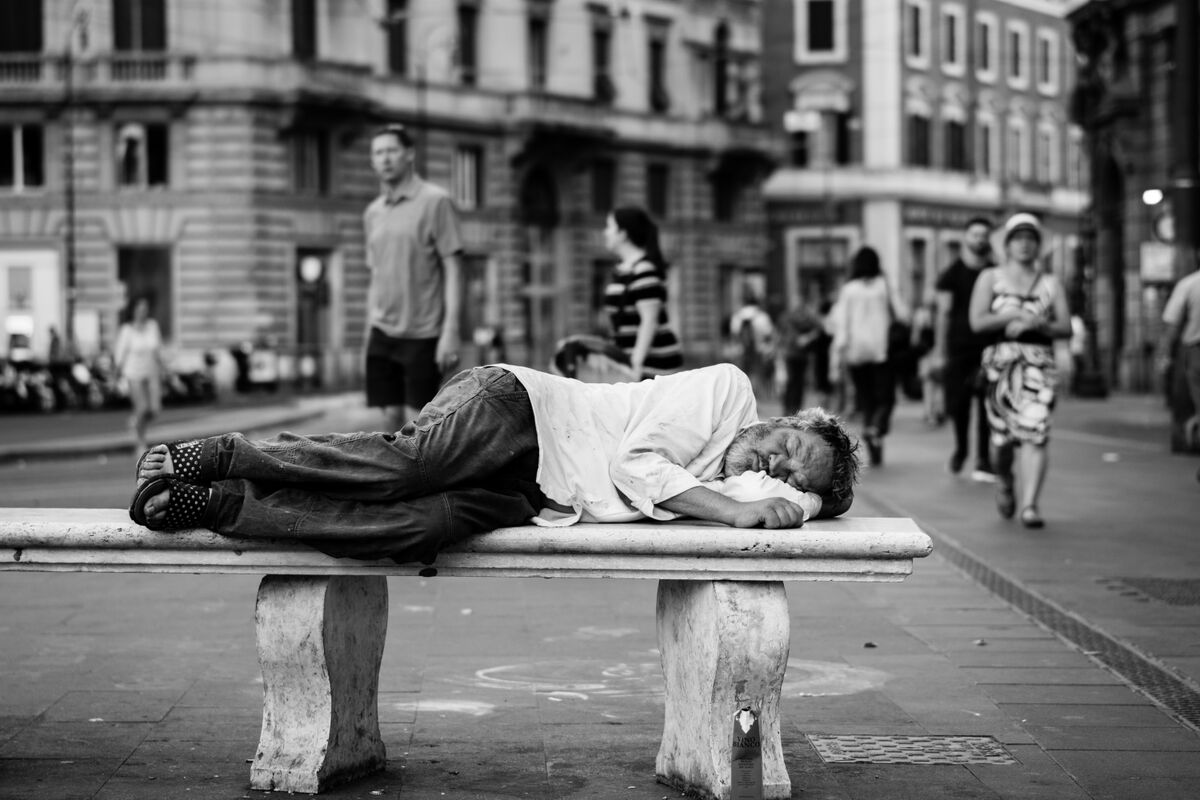- Austausch & Vernetzung
- Wissen & Lernen
- Advocacy
- Unsere Themen
Von Carine Weiss
While there have been gains in the overall quality of and access to healthcare, socioeconomic, gender, racial and ethnic disparities in health persist. Health inequalities can be defined as differences in the health status or in the distribution of health determinants between different population groups. While some inequalities can be attributed to biological variations or free choice (“lifestyle”), others are due to the external environment and conditions chiefly outside the control of the individuals concerned (s. WHO - Health Impact Assessment). If such disparities in the health status of population groups or countries are avoidable, unfair and unjust, they are a matter of health inequity (s. WHO - Social Determinants of Health). At the 2019 MMS Symposium, we discussed the issue of tackling health inequity from different angles. The mechanisms required to move towards equity are multifaceted and often unique to a given population group due to differing resources, cultures, and priorities.

An accurate understanding of the interdependency between inequality, inequity and poverty is critical to comprehending why health for all is not within reach. The poorest of the poor have high levels of illness and premature mortality.
We cannot deny that, in general, the lower an individual’s socioeconomic position, the worse their health. This is clearly illustrated by the following examples: the lifetime risk of maternal death during or shortly after pregnancy is only 1 in 12,900 in Switzerland (2017) compared to 1 in 168 in Laos (Link). In a city like Chicago, inequity is even more pronounced. According to an article published in The Guardian, rich people live up to 30 years longer than poor people living in the same city (The Guardian, 2019).
However, poor health is not confined to those who are worst off and poverty is not the only determinant of ill health. In countries at all levels of income, health and illness follow a social gradient: the lower a person's socioeconomic position, the worse their health. The so-called ‘social determinants’ of health are mostly responsible for health inequities. We need to look at the broader set of social determinants which are the conditions in which people are born, grow up, live, work and age. These circumstances are shaped by the distribution of money, power and resources at a global, national and local level. According to WHO, the social determinants of health are chiefly responsible for health inequities, which are therefore mainly a matter of social injustice (WHO, 2008a).
(The) toxic combination of bad policies, economics, and politics is, in large measure responsible for the fact that a majority of people in the world do not enjoy the good health that is biologically possible,” the Commissioners write in Closing the Gap in a Generation: Health Equity through Action on the Social Determinants of Health. “Social injustice is killing people on a grand scale.” (WHO, 2008b)
As Erika Placella from the Swiss Agency for Development and Cooperation rightly said at the 2019 MMS Symposium: “We should no longer talk about poverty – we need to tackle inequity!” if we want to reverse the fact that “the poorest of the poor, around the world, have the worst health.”
“When everyone has the opportunity to attain full health potential, and no one is disadvantaged from achieving this potential because of social position or any other socially defined circumstance,” then we can say that we have achieved health equity according to a Robert Wood Johnson Foundation (RWJF)-commissioned report entitled Communities in Action: Pathways to Health Equity. (National Academies of Sciences, Engineering, and Medicine, 2017)

Social equity is imperative because structural inequality exists. Achieving health equity requires creating fair opportunities for health and eliminating gaps in health outcomes between different social groups. It also requires a search for solutions outside the healthcare system, such as in the transportation, education and housing sectors.
We need to start looking at health from a different perspective. We used to look at health as a medical condition. However, it is much more rooted in daily life: everything we do and experience has a potential impact on our health and wellbeing. We need to think much more about non-medical aspects and include them in policies. Business as usual is no longer an option!
In the end, I believe that equity starts within ourselves – we need to start to act, feel and behave in the way we want to see the world, and that starts within ourselves. If we feel resistance within ourselves concerning poor, religious, disadvantaged or homosexual people, we will fail to question the current political systems, norms and values or power structures and we will not advocate for an equal world.